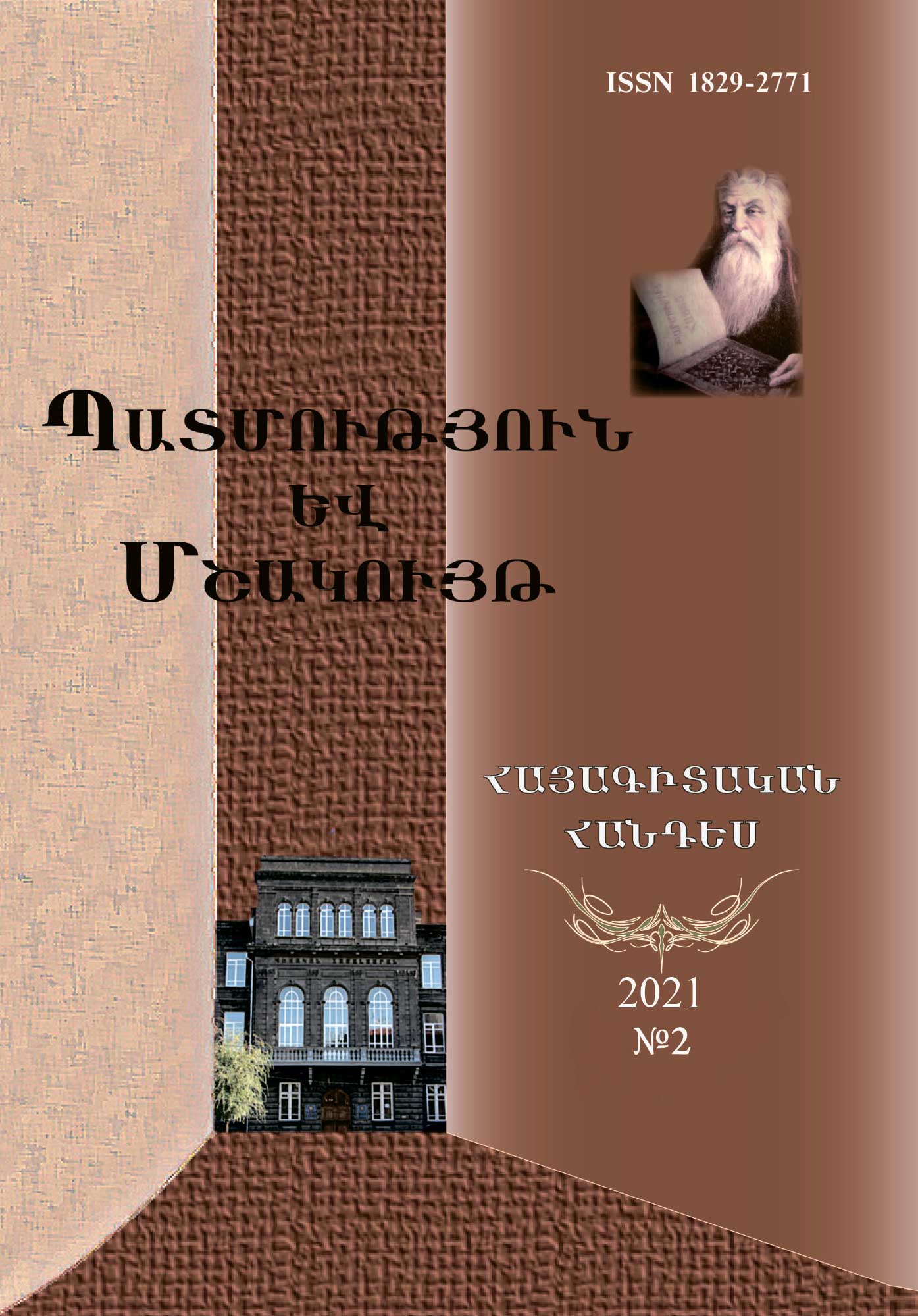Peculiarities of Project-Based Learning
Keywords:
Project-based learning technology, project activities, critical thinking, research skills, student-centered learning, pedagogical axiologyAbstract
New forms, methods and technologies of educational activities inevitably arise in the learning process, developing the language thinking, the speech abilities of students, forming stable cognitive structures that eventually become self-governing.
The project-based learning technology is one of such modern learning technologies, which, as a synthesis of a number of research, problematic and creative methods, and sequences of certain actions of students, is carried out to accomplish the advanced task.
The main goal of the given technology is to give students an opportunity to independently acquire knowledge in the process of solution of practical tasks. The technology of project-based learning is grounded on the formation of the student's cognitive, collaborative, research skills, the formation and development of critical thinking, the ability to orient in the information space, to compare facts, and independently formulate their own knowledge.
The use of the project-based learning technology gives an opportunity to acquire knowledge, form skills through planning specific tasks and their independent performance. In this case, the teacher takes on the role of a developer, a coordinator, an expert and an advisor. The visible and published work is the result of the project-based learning technology.
The stages of implementation are the formulation of the problem, the formation of a working group (groups), the division of labor, the independent work of groups, separate persons, research, the ongoing discussion of the received results, the presentation of the performed work (the form of presentation is determined in advance: video materials, photos, an article or an original), the evaluation of the works of students (by teacher and students) and the planning of further work.
Downloads
Published
Issue
Section
License
Copyright (c) 2022 Meri Hovhannisyan

This work is licensed under a Creative Commons Attribution-NonCommercial-ShareAlike 4.0 International License.

